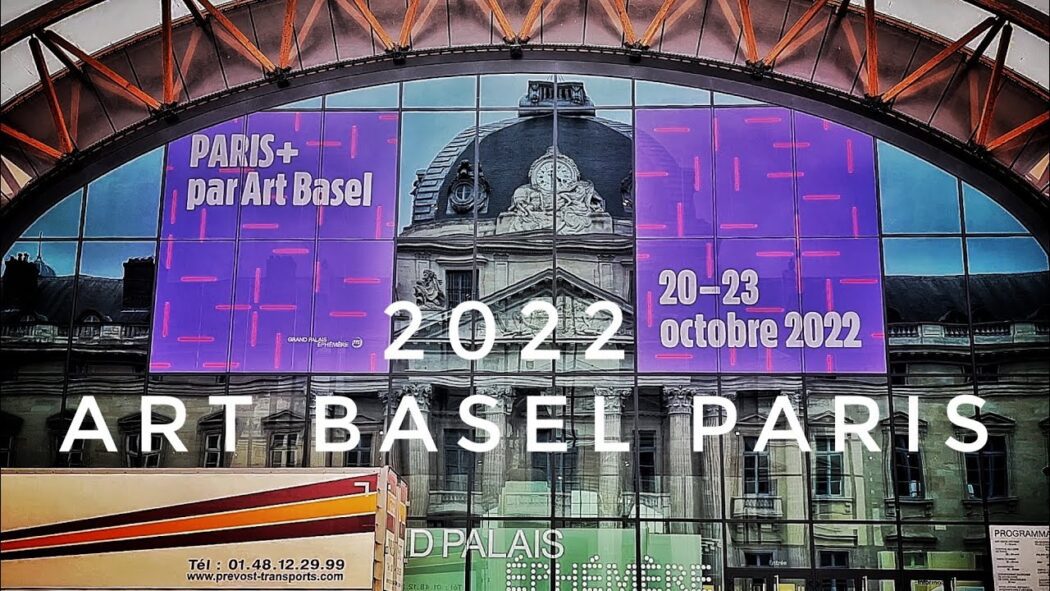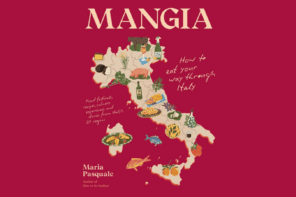For centuries, Paris has been a treasure trove of art, with a focus on its rich historical legacy as the epicenter of painting and sculpture. Aspiring artists like Manet and Picasso shifted their ambitions to cities like New York, Los Angeles, London, or Berlin many decades ago, drawing collectors in their wake. However, in recent years, the City of Light has once again become a vibrant hub for contemporary art.
Following Brexit and a recent surge in wealth in France, which now boasts a higher concentration of millionaires than nearly any other country, except China and the United States, international art galleries have flocked to the chic Avenue Matignon on the Right Bank and the trendy, narrow streets of Le Marais. Private art foundations, generously funded by luxury conglomerates, have stepped in to fill the void left by state-supported institutions. Billionaire François Pinault’s Bourse de Commerce, for instance, has brought cutting-edge art exhibitions, such as the upcoming Mike Kelley retrospective in October, within close proximity to the Louvre.
Fondation Cartier is in the process of relocating from its Left Bank location to the expansive Louvre des Antiquaires next year, while Fondation Louis Vuitton has transformed the picturesque, albeit slightly off-the-beaten-path, Bois de Boulogne into a must-visit destination with crowd-pleasing exhibitions like this year’s Warhol x Basquiat: Painting in Collaboration. Esteemed artists are establishing studios in the city, and emerging talents are choosing to set up their creative spaces on the city’s outskirts rather than seeking more affordable locales elsewhere.

All of this has injected a fresh vibrancy into the city, an energy that the Art Basel organization not only recognized but solidified with the launch of Paris+ par Art Basel at the Grand Palais Éphémère last year. The eagerly anticipated second edition is set to open its doors on October 18th. While France shares its borders with the host country of the original fair, Paris+ director Clément Delépine reveals that the opportunity was too irresistible to pass up, especially given the capital’s prominence in fields such as fashion, cinema, music, and design. He explains, “Our intention was not merely geographical expansion but the development of a format that transcends the traditional art fair and acts as a genuine cultural catalyst, bridging various creative industries.” For example, within the realm of fashion, Paris+ may shine a spotlight on artists who utilize clothing as a canvas or designers who view their creations as works of art.
According to Delépine, the transformation in the City of Light represents a generational shift, as younger generations have grown up with a more modest perspective on France’s global standing—and this new outlook has impacted more than just the art scene. I recall Paris in the late ’90s as being rather unwelcoming.” He continues, “If you were a vegan in Paris back in 2001, it was an absolute nightmare. That’s no longer the case. Even if you speak only English, you used to face resistance.” Delépine adds with a grin, “You still do encounter some resistance, but it’s less confrontational now.”





